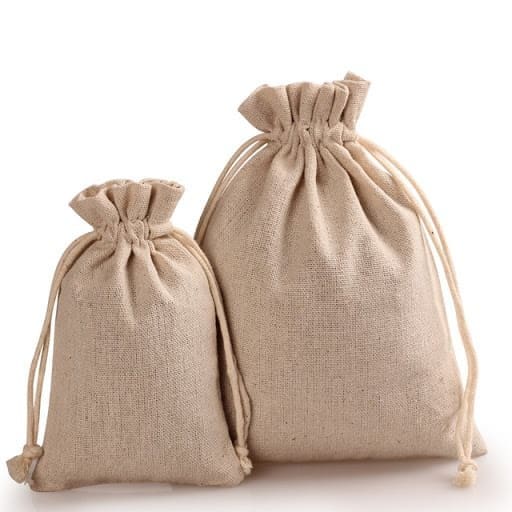The much-cherished Sonali Bag scheme, which aims to make polymer containers from jute, will continue despite the closure of 25 state-run jute and non-jute mills on the first day of the current month.
However, people are unlikely to get a hand on them anytime soon as it is taking longer than expected to launch commercial production and to understand its financial viability, said officials of the state-owned Bangladesh Jute Mills Corporation (BJMC).
The corporation began an initiative in April 2017 at the Latif Bawany Jute Mills Ltd in Dhaka’s Demra area to pilot the production of polymer bags using cellulose collected from jute fibre, a technology devised by Mubarak Ahmad Khan, a scientist who formerly worked at the Bangladesh Atomic Energy Commission.
The BJMC allocated nearly Tk 2.5 crore for the project to make 2,000 polymer bags daily.
Later, the environment, forest and climate change ministry gave Tk 10 crore to facilitate the production of biodegradable bags in order to give the nation and the world an escape from plastic pollution, which is a result of the indiscriminate use of environmentally-unfriendly polythene bags.
The new technology ignited hopes of fast advancement of locally grown jute, which provides a source of living to nearly two crore people, including several millions of farmers and nearly 200,000 workers in largely export-oriented mills.
Exports receipts from jute and jute goods have been hovering around $1 billion for the last decade. The shipment rebounded to $880 million in the just-concluded fiscal 2019-20, posting 8 per cent growth over the previous year despite the onslaught of the coronavirus pandemic.
Bangladesh generates around 3,000 tonnes of plastic waste every day and the BJMC expects that developing packaging materials from jute can be an alternative to plastic bags while also a boosting demand for the natural fibre.
Bangladesh is the second-biggest producer of jute in the world after India.
The BJMC is yet to start automating the production of jute bags though as the required machinery has not been procured yet. However, some of the non-specific equipment has been developed locally.
“We floated a tender earlier and no response came within the deadline. We have extended the deadline to buy the machines,” said BJMC Chairman Md Adbur Rouf.
Activities related to the Sonali Bag project have slowed in the wake of the Covid-19 pandemic.
“However, the project is on and it will continue,” Rouf added.
Currently, the bags are made manually based on order. Because of the manual process, only a small quantity of carriers could be produced so far.
“Our target was to automate the total process but we could not do that yet. We would come to a stage once we procure the machinery,” he said.
“Based on the progress made so far, I can say that we will be able to understand its feasibility once we start to automate production. Still, work is going on like a lab,” the BJMC Chairman added.
Initial attempts to buy a customised machinery went in vain due to various complexities, including higher offer prices than the estimated cost for the machinery.
Rouf sent samples of the bags to the Bangladesh Council of Scientific and Industrial Research to conduct some tests, including biodegradability.
The capacity to produce 100,000-125,000 bags daily has been achieved, according to Khan, who now works as a scientific adviser to the BJMC.
Currently, production cost stands at around Tk 7 per bag. Each bag, weighing around 10 grams, is sold to the government for Tk 10.
Production costs will go down if volume increases, Khan said.
“The price of our bags can’t be compared with polypropylene bags. It should be compared to other biodegradable polymer bags available in the market. And the price of our bags is less than the prices of theirs,” he added.
A Tk 300 crore fund is needed to make the project a success.
The money spent by two city corporations in Dhaka to clean drains every year would be enough to produce the required number of biodegradable polymer bags for the city, he added.

